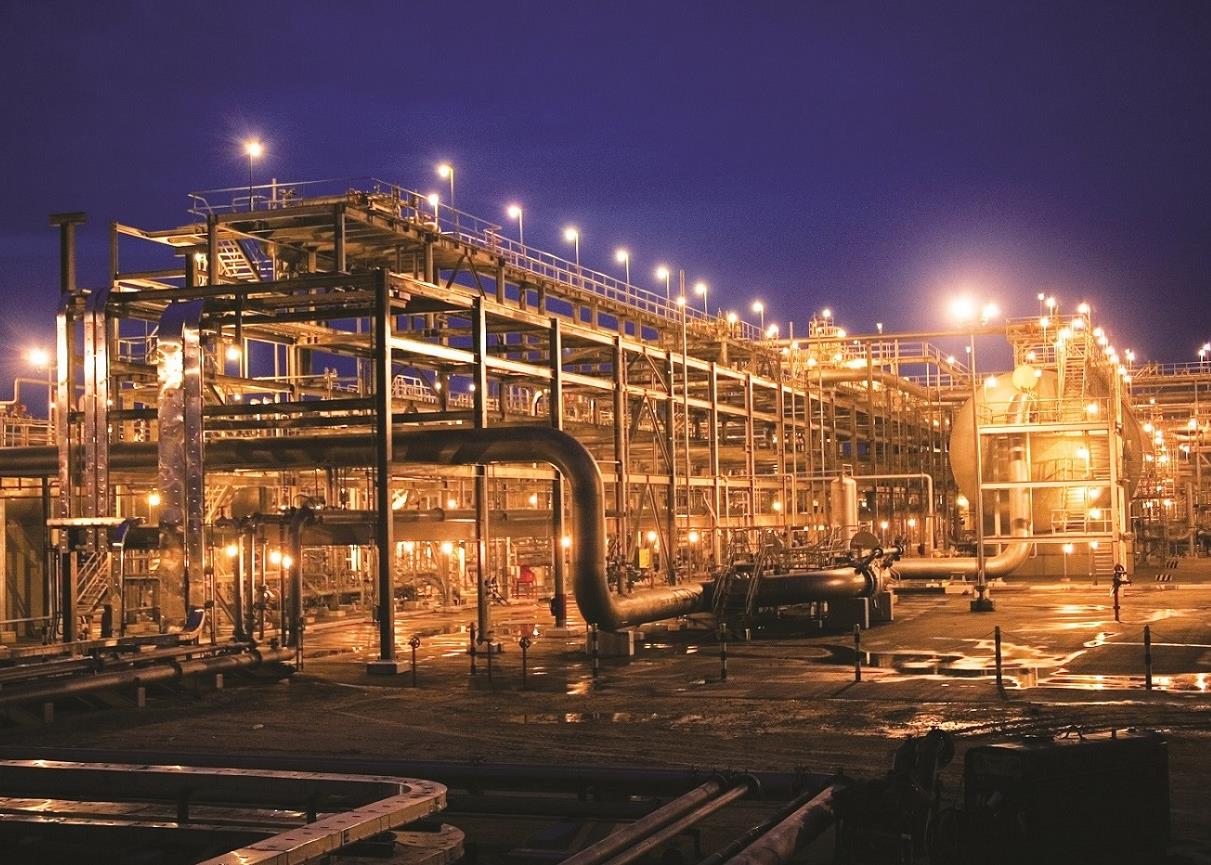

Central Social Districts (CSDs) – neighbourhoods that meet the social needs of individuals and communities – have emerged as a new school of thought as cities around the world adapt to residents' post-pandemic lifestyle requirements.
The concept is a marked change from the creation of Central Business Districts (CBDs), which focus on business needs and promote the idea that different groups should work, live and play in distinct precincts.
CSDs prioritise hubs for individuals to socialise. They are increasingly seen as driving the success of urban centres – because what’s good for people is good for cities.
Shared space
Designing cities with people at their heart is something we continue to explore at Expo City Dubai, one of five urban centres that form part of the Dubai 2040 Urban Master Plan.
However, as we look to the future, we need not ‘reinvent the wheel’; rather, we can learn from our past.
In the UAE, the idea of a shared space, close to home, that caters to work as well as family life, shopping, leisure and community socialising is part of the country’s rich history.
The UAE’s cities grew from communities designed with houses haphazardly set close to each other to create walkable communities with narrow alleyways or sikkas. These footpaths with shaded canopies allowed residents of all ages to move freely. They were protected from the sun’s heat, and linked to an open space or central courtyard hosting markets and areas for entertainment and socialising.
Neighbourhoods such as these were known as al-fareej. The majlis, still an important part of society today, is a physical sitting place, open to all, that gathers community members to discuss local events and issues, exchange news, receive guests, socialise and be entertained. Derived from the word jalas, meaning ‘to sit’, the value of the majlis was recognised globally in 2015, when it was inscribed on Unesco’s Representative List of the Intangible Cultural Heritage of Humanity.

Dubai spent heavily on infrastructure for Expo 2020 and it is now supporting
the development of real estate at Expo City Dubai, where the first residential
projects – the Mangrove Residencesand Expo Valley – were launched in mid-March
Holistic communities
As the rate of urbanisation increases, we have an opportunity to re-examine what we want from our neighbourhoods, especially in the wake of the pandemic, which highlighted our need to socialise, collaborate and be outdoors.
We have a chance to rethink the whole concept of a commute, in favour of more sustainable and healthier ways to reach and navigate our places of work. We can create holistic communities that reveal their thriving heart, soul and potential when explored on foot.
This is the beauty of CSDs. A family that goes to work and takes kids to school can find community centres, places of worship, restaurants, social clubs, public markets, outdoor exercise grounds and more in the immediate vicinity.
Parks and green spaces – one of the most inclusive urban features – offer a serene environment to single individuals or groups of family, friends or colleagues. Open long hours and with no entry fees, they can easily be adapted into other CSD offerings, such as theatre and event spaces, dining experiences, markets and other communal facilities.
With all these amenities nearby, a day in the life of a working professional is not limited to a traditional office, as is the case in a CBD, but is instead an experience that encompasses an entire CSD ecosystem: an on-site meeting, sending emails from an outdoor or co-working space, a fitness session, catching up with friends or family in the park before dinner at home, or a show in the nearby amphitheatre, for example.
The benefits of such a neighbourhood extend beyond the individual or family unit to retailers and restaurants, who enjoy greater patronisation, and businesses, who find their employees are happier and more motivated. Being part of a community that prioritises wellbeing and quality of life leads to more engagement with that community and makes residents more likely to contribute to its resilience and growth.
Being moments away from all the features and amenities of a CSD is progress, but also reflects and respects how we used to live
Ahmed al-Khatib, Expo City Dubai
Power of the collective
This is exactly what Expo City Dubai will offer: a vibrant neighbourhood where people can live and play as well as work, not only as residents or tenants, but as champions for the city’s preservation, development and sustainable ethos.
By harnessing the power of the collective, we can both propel human progress and create a better future for people and the planet. We must keep pace with the speed of technological advancements in how we live, learn, work and connect, and honour the fundamentals of human nature to socialise and our need to be outdoors, while maintaining respect for nature itself.
 Related reads:
Related reads:
> Expo infrastructure enables development
> Expo City Dubai launches real estate projects
> Dubai progresses with Expo City designs
Expo City Dubai is a 15-minute city designed as a blueprint for sustainable urban planning, where everything we have built, and every new element we will add, is rooted in our heritage yet infused with modern advancements – from the palm leaf-shaded canopies of our sikkas to retractable electronic shade structures and ‘green link’ corridors; from the central courtyard of al-fareej to Al-Forsan Park, the Surreal water feature and Al-Wasl Plaza; from courtyard dining to communal iftars and a world of restaurants at the doorstep of residents, tenants and visitors.
Being moments away from all the features and amenities of a CSD that is as accessible for children as it is for seniors and people of determination is, of course, progress, but it also reflects and respects how we used to live.
CSDs must be integrated into our cities, not only because they are the future, but because of our past. This ethos is embedded in our human-centric approach at Expo City Dubai, with a commitment to remain at the forefront of innovation and embody the UAE’s innate respect for the environment.
Focusing on health and wellbeing, inclusion, sustainability, accessibility and ample opportunities for social engagement, we believe, is key for a city not only to succeed – but to flourish.
You might also like...

Aramco allows more time for MGS package revised prices
18 April 2024

Morocco tenders high-speed rail project
18 April 2024

Egypt resumes power cuts
18 April 2024

Petrofac awards carbon capture sub-contract
18 April 2024
A MEED Subscription...
Subscribe or upgrade your current MEED.com package to support your strategic planning with the MENA region’s best source of business information. Proceed to our online shop below to find out more about the features in each package.








